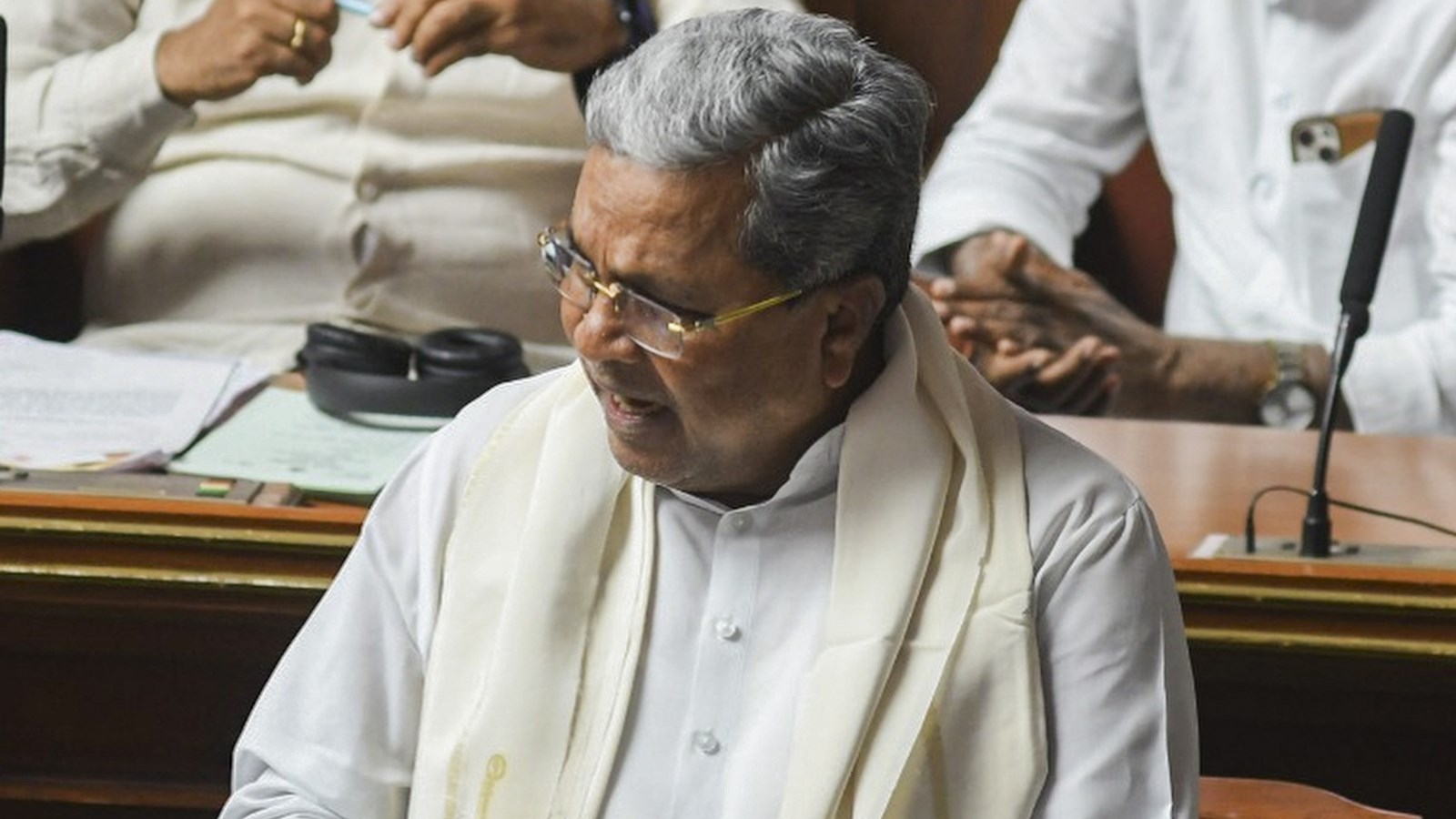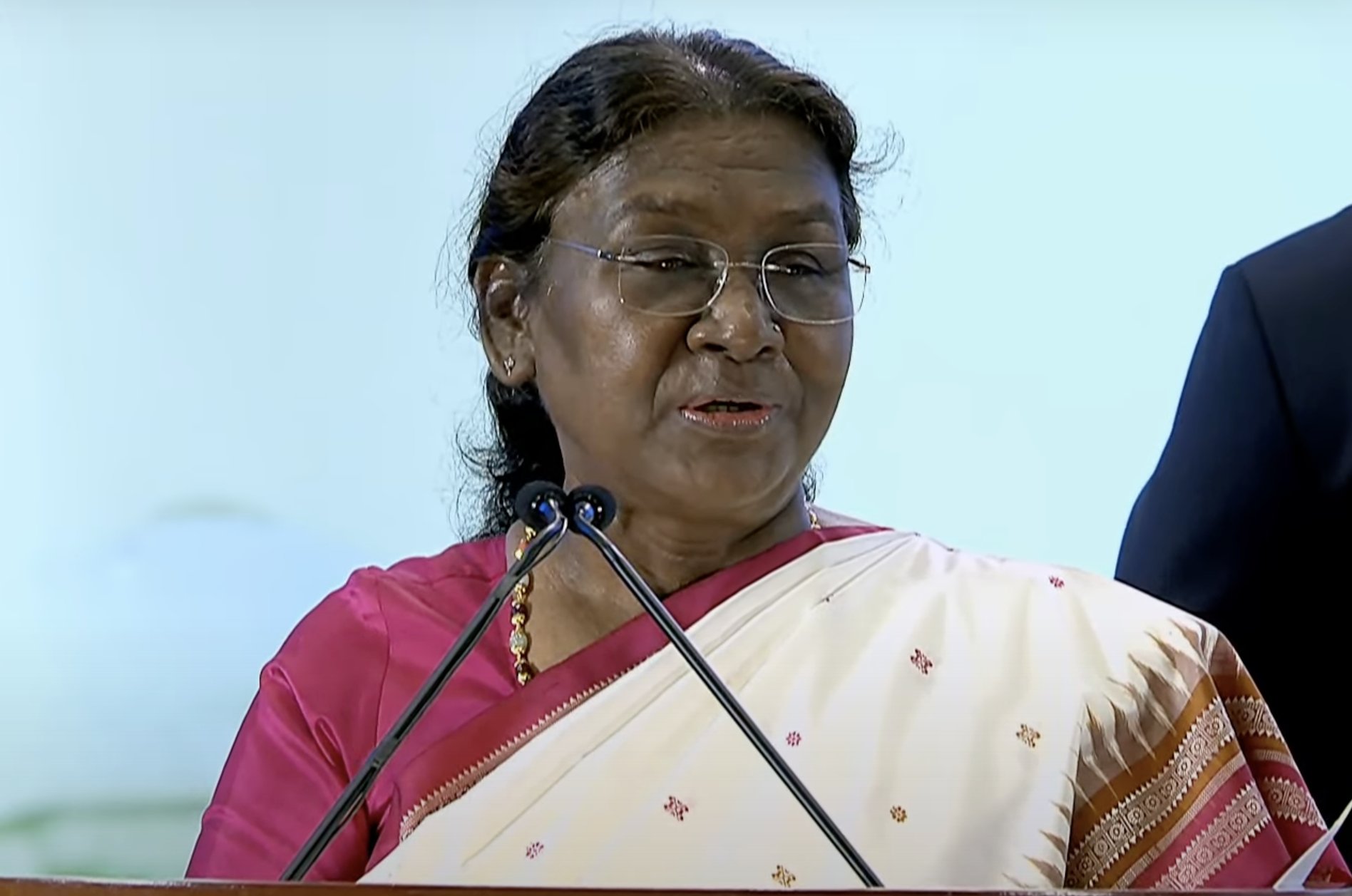Bengaluru: The Karnataka government has introduced a bill aiming to reserve 70% of non-management and 50% of management-level jobs in private sector firms for Kannadigas, announced Chief Minister Siddaramaiah on X (formerly Twitter) on Wednesday. The bill was approved in a cabinet meeting on Monday, with Siddaramaiah emphasizing the government’s commitment to ensuring job opportunities for Kannadigas.
In his statement, the Chief Minister expressed the government’s intention to help Kannadigas lead comfortable lives in their home state, stressing the administration’s pro-Kannada stance.
However, this announcement came after Siddaramaiah deleted a previous post from Tuesday evening, which had declared a 100% reservation for Kannadigas in all Group C and Group D jobs in private companies. This initial declaration sparked significant controversy, drawing criticism from business leaders and political opponents, particularly from the BJP.
Labour Minister Santosh Lad later clarified the government’s decision, explaining that while 50% of management-level positions and 70% of non-management jobs are to be reserved for Kannadigas, companies unable to find suitably skilled local candidates could hire from outside the state.
Lad emphasized that Karnataka has a sufficiently skilled workforce, thanks to its numerous educational institutions, and insisted that the state’s talent pool would meet the demand for these reserved positions.
Business leaders have expressed concerns over the potential impact of this policy on the IT sector. Biocon Executive Chairperson Kiran Mazumdar-Shaw welcomed the proposal but called for exceptions for highly skilled recruitment to ensure the state’s tech industry remains competitive. She highlighted the need for skilled talent to maintain Karnataka’s leading position in technology.
The software industry body Nasscom warned that such restrictions could drive companies away, as they might struggle to find enough local skilled talent. In response, Lad assured that the government would engage with industry leaders to address their concerns.
Commerce and Industries Minister HB Patil also sought to alleviate worries, affirming that the government would resolve any confusion to prevent adverse effects on the state’s industrial growth. He emphasized the importance of competitiveness for all states in India’s manufacturing and industrial revolution.
Unexpectedly, the Karnataka government’s quota proposal received support from Union Minister Ramdas Athawale, who advocated for similar reservations for OBCs in the private sector across India.
Drafted by the Labour Department, the proposed bill aims to ensure that jobs in Karnataka-based companies benefiting from state infrastructure are reserved for locals. This proposal reflects recommendations from the Sarojini Mahishi Committee, which suggested reserving a significant portion of jobs in industrial units for Kannadigas. However, these recommendations had not previously been translated into policy.
As the debate continues, the Karnataka government faces the challenge of balancing local job reservations with maintaining a favorable environment for businesses and skilled professionals.




